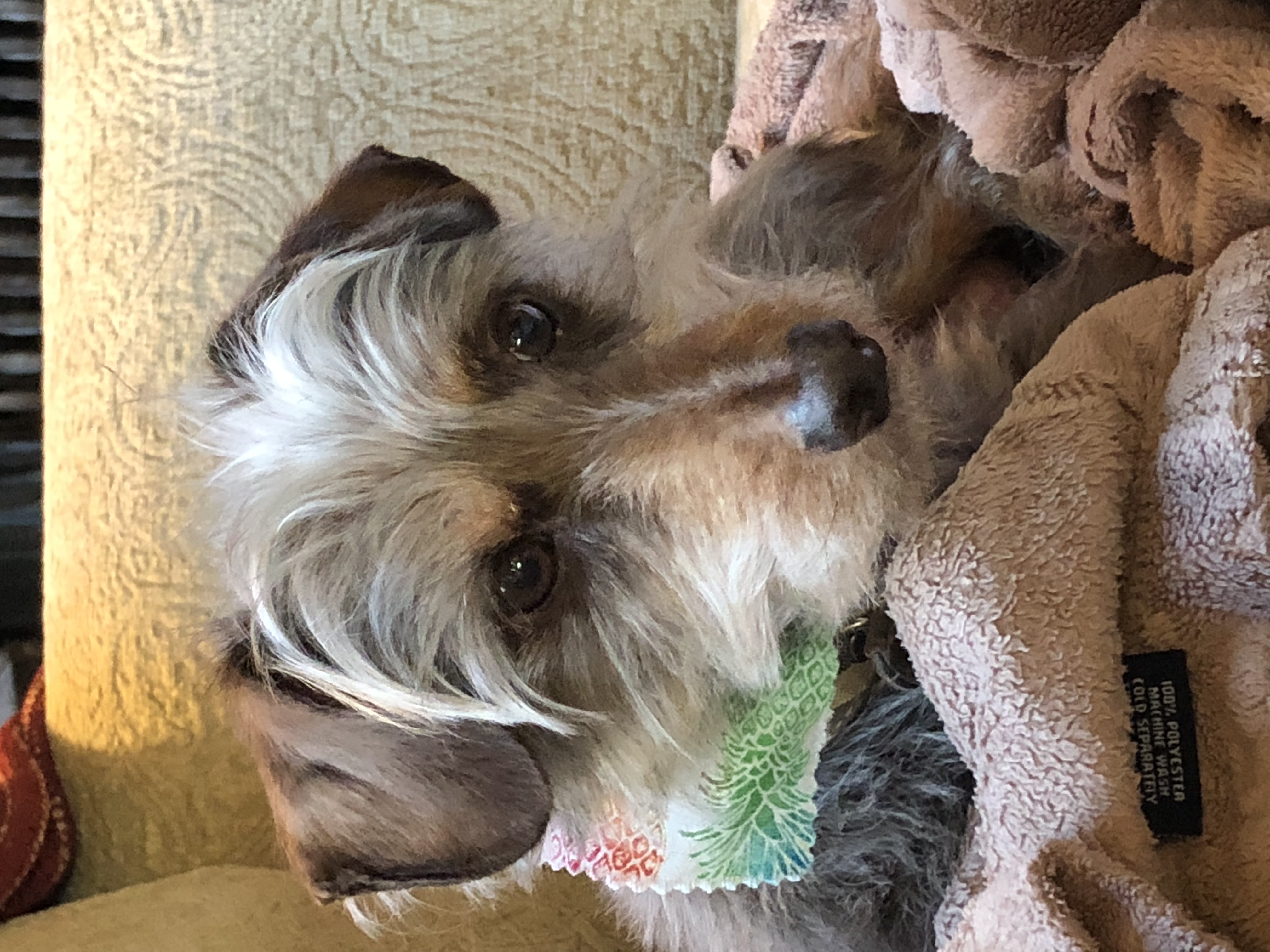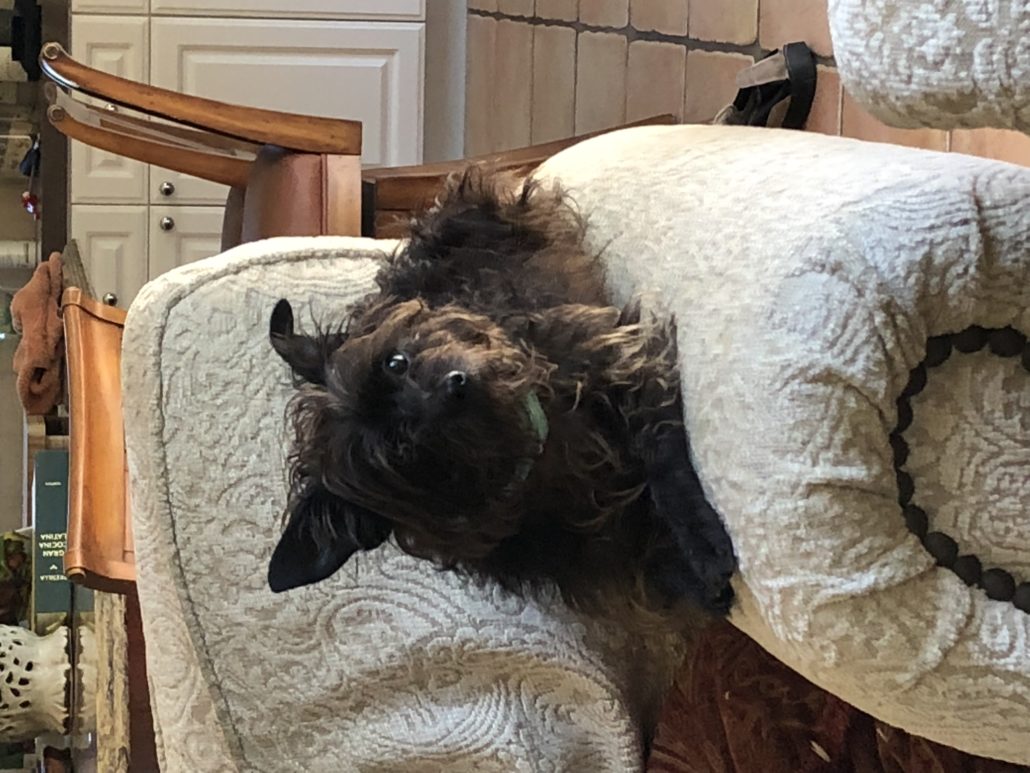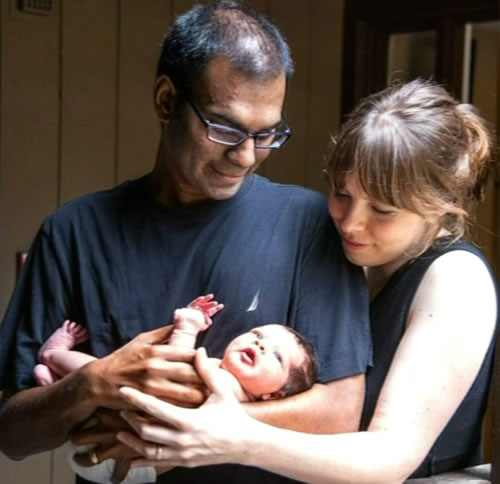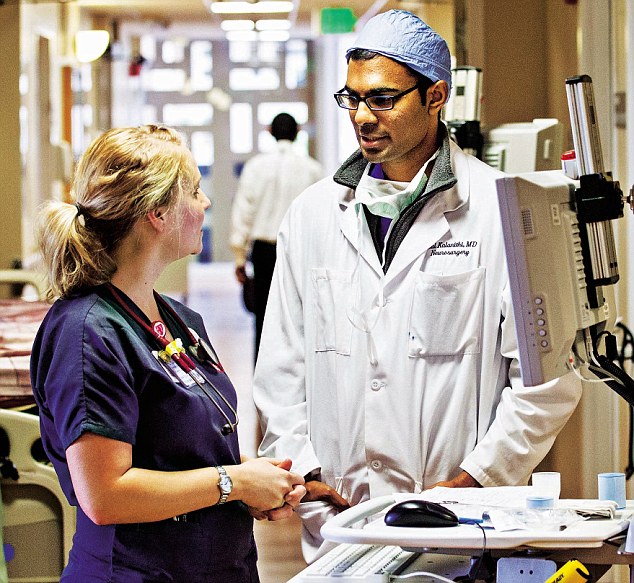I have bonded with several dogs in my life, not my own. There is an instinct between human and canine that can be immediate and profound. This can occur from a brief encounter, owning a pet long term, a friend’s dog one might see on occasion, or through intermittent caretaking. For years I used to do a lot of pet sitting, dogs in particular. While I loved them all in their own way, there were a few that seemed like kin to me, possessing an unspoken language and comfort, wordless yet filled with understanding.
Dogs Never Lie About Love
While I no longer dog sit, some I continue to have a truck load of affection for, generating a smile spontaneous and immediate when I think of them: Gemma, Sophie, Lexie and Parker most notable—you know who you are, small dogs all! Gemma, a purebred basenji, crackling with energy and mischief blasting out; Sofie, if not pure in breeding, certainly pure in regal ness, a wisdom as if reincarnated from Yoda himself.
But Parker and Lexie were something else! A confusion of breeds, both, but loaded with personality and, I swear, each wore their hearts on their sleeves (well, paws!) in their own style of giving— a penetrating and unconditional love that was bottomless and relentless. It came through their pores, through eyes that held nothing back, their love immediate and constant.

Parker
But this morning, this morning was special. While walking in the park, loping along with my hiking poles, I came across a three legged dog. There I met Babu, a midsized, mixed black and white splotchy patterned dog, with her left front leg missing. I began chatting with her human pet parents, warm and friendly, who had adopted her from an animal sanctuary near Willets, where she had lived for eight years prior, before being moved to a conventional shelter when the fires threatened the sanctuary and She became available for adoption.

Lexie
As I scratched Babu’s head, I asked mom and dad how she lost her leg. She’d had a cancerous bone tumor they told me so the entire leg had to be removed in order to prevent spreading. “Could they fit her with a prosthetic leg?” I inquired. “Not possible,” I was told since there was no available stem to attach it to. So she walk-hopped around on all 3’s, seemingly oblivious, instead accommodating her exuberance with the life that remained at her disposal, as she rolled around naturally in the grass like any dog would. She had clear eyes that spoke of delight, gratitude, pleasure, availability.
I marveled at Babu, with her absence of self-consciousness and felt two compelling emotions. The first was a kind of kinship, different species to be sure, yet this creature was doing what she could to keep going, to move however awkwardly, to feel alive and express her nature with aplomb. The second was an immense awe and humility at what looked to be a kind of dignity and gratitude with what remained to her, a simple pleasure feeling her backside scratched by the grass as she rolled in the sweet fragrance of it. A smile slathered her dog face, believing this was all she really needed in life, at least at that moment.
And so it was that a creature in the body of a 3-legged dog and I shared a timeless moment, her teaching me more about valuing what remains to the living of an altered life, as well as the great gift of connection between species that can sometimes be the greatest teachers of all, without language, instead transmitted through a presence, a beingness that transcends, a knowing that is universal, loving and immediate. And of course, her transmission took hold of my heart and I was instantly smitten. Not just by her, but by the lesson she selflessly shared with me.



